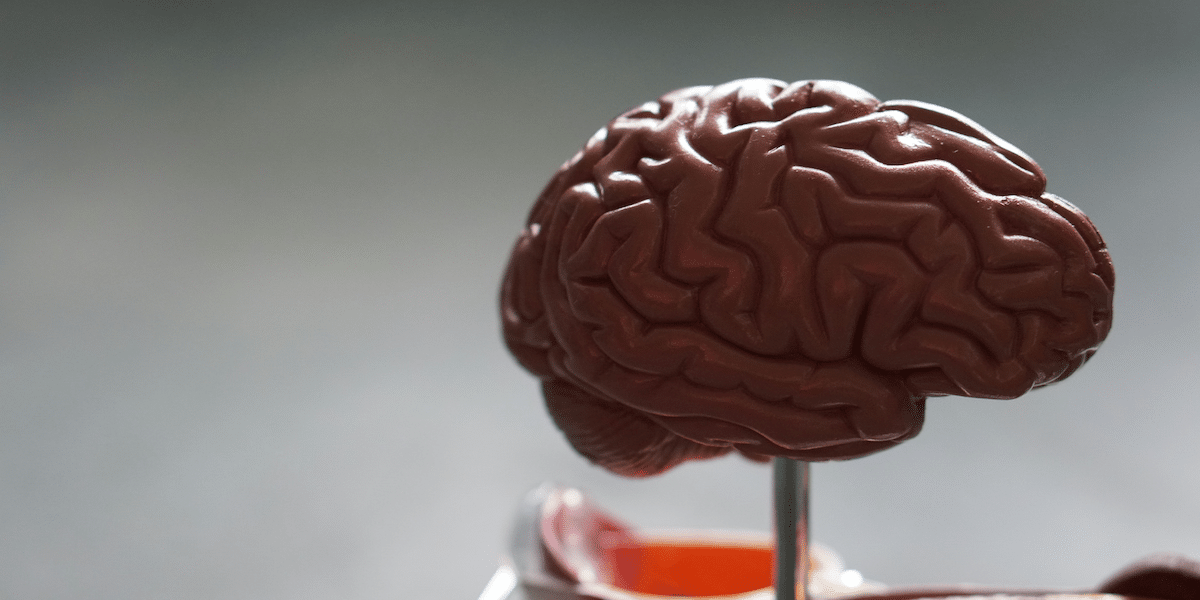Image Commercially Licensed From: Unsplash
Changes to the brain are normal as we age. We all know that exercising regularly and following a healthy diet can help care for the brain. However, ongoing research continues to reveal other revolutionary ways that may help keep our brains healthy.
- Improve brain function by limiting exposure to pointless and stressful media.
- More close friends later in life indicate a significantly lowered risk for dementia.
- Prioritize sleep for better brain health.
- Continually challenging one’s brain seems to keep it sharp and healthy.
We all start the year with resolutions about things we want to improve. These include getting into a better exercise routine, losing weight, improving our relationship, or accomplishing something significant at work.
Yet, as an adult and geriatric psychiatrist, I often wonder why more people never mention their brain health in these commitments. Brain health remains central to accomplishing everything else.
Some of the latest scientifically proven ways can help you care for your brain and ensure you reach your full potential in everything you aspire to.
1. Not Allowing Pointless Media to Drain Our Brain
Our brain makes up 3% of our body weight, yet it uses 20% of our daily energy. Our neurons use most of that energy, meaning the amount of energy used is directly related to how much we focus and on what.
The average adult has a huge amount of daily exposure to media – Americans spend 11 hours or more watching and listening. But, unfortunately, most of the content on our screens and radio isn’t valuable and pleasing since it’s created to capture our focus with negative and sensationalized reporting.
We know that adverse experiences cause stress, but a recent study showed that stressful, draining, and polarizing media exposure causes anxiety that negatively influences the performance of memory tasks, decreases accuracy, and increases reaction response times.
Therefore, reducing the consumption of content that stresses, drains, and polarizes the brain provides more time to consume positive and uplifting programs.
2. Getting Brain Benefits from Valuable Relationships
The evidence from this 2018 paper that a Mediterranean diet can help our brain health proves what we have known for some time. However, other recent studies also demonstrate that valuable relationships play just as vital a role.
Loneliness has often been associated with an increased risk of developing dementia. In a 2018 CIGNA American loneliness survey of 20,000 adults, only 53% of the respondents said they had meaningful social interactions with a friend or spent quality time with family daily. Nearly half of those surveyed (46%) reported feeling alone sometimes or all the time.
Researchers in this 28-year follow-up study published in 2019 found that a greater frequency of social contact with friends in older adults indicated a lower risk of them developing dementia. Therefore, prioritizing quality relationships, particularly with friends, is clearly fundamental to overall brain health.
3. Capturing the Benefits of Sleep
Most adults often ignore the benefits of sleep to their brain function, despite knowing that they increase their risk of dementia and depression. Lack of sleep also worsens the decision-making process. Dr. Séverine Sabia of Inserm and University College London led this 2021 study on the association between sleep duration and the incidence of dementia and sleep patterns.
Many factors contribute to a decrease in sleep duration and quality. However, just a few simple modifications in lifestyle can help people sleep better and longer. Some of the essential steps are to avoid caffeine in the afternoon and to reduce the hours spent in artificial light as sleep time approaches.
People still suffering from sleep issues after modifying their lifestyle should seek professional help to resolve the issue.
4. Seeking Brain Challenges
Keeping the human brain engaged is another vital way to help us care for our brains. Several challenges can help keep the brain in a better state. These can range from thinking or exploring opposing ideological perspectives to playing board games, video gaming, or solving word puzzles. In addition, reading, expressing ourselves in the various arts, and learning a new language can help keep the mind sharp.
Practicing regular brain challenges help exercise our brains, much like when we exercise our bodies. Moreover, studies show that cognitively stimulating activities can possibly help form new connections between neurons throughout our lives in a process called neuroplasticity by neuroscientists.
Final Thoughts
Caring for your brain does not require hard work. Let common sense prevail, and try to lead a healthy lifestyle by following a healthy diet and improving your sleep. Additionally, give your brain a rest from listening to or watching negative media content, challenge it daily, and make friends. It seems that following these revolutionary ways will result in better brain health and boosted cognitive abilities.

















